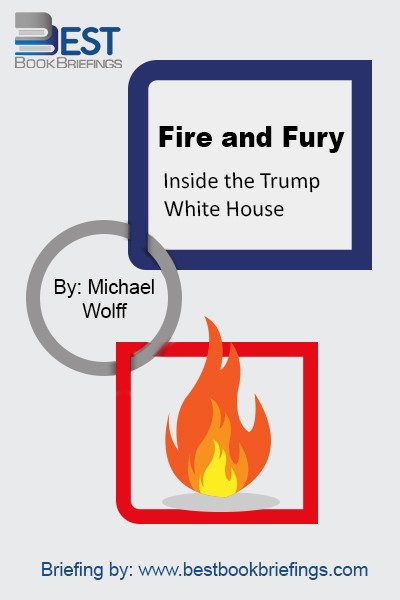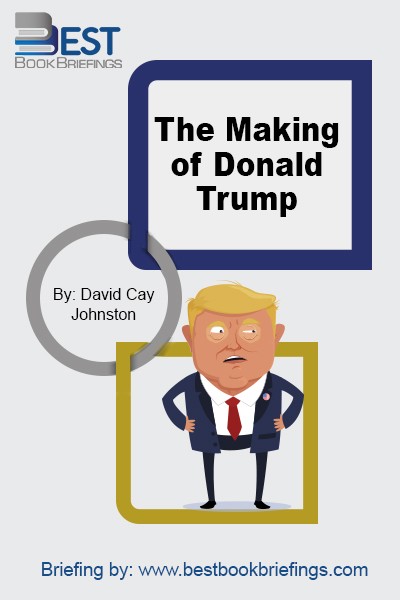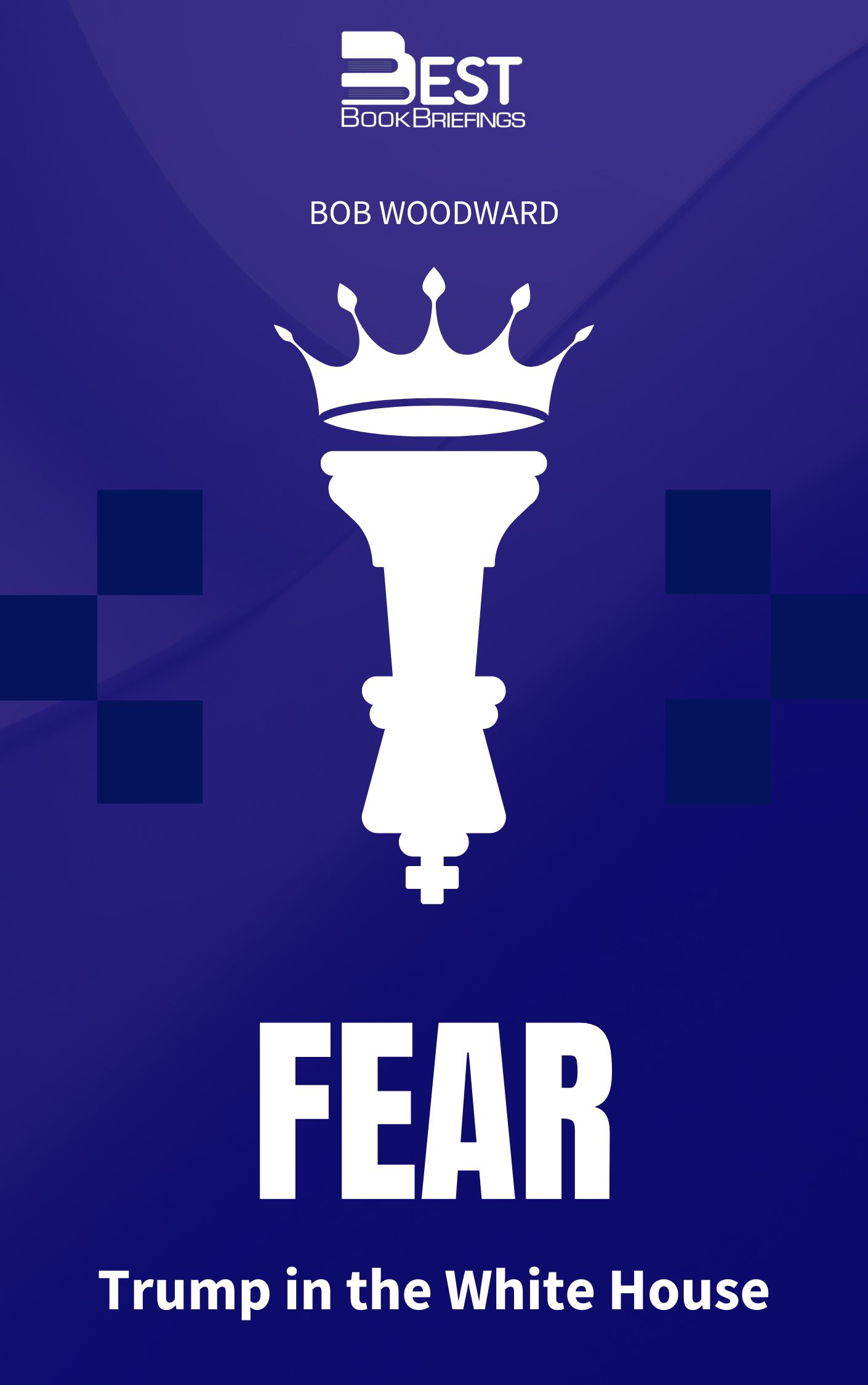Fear
Trump in the White House
Number of pages: 448
Publisher: Simon & Schuster
BBB Library: Politics and Public Affairs
ISBN: 978-1501175510
Editorial Review
Bob Woodward reveals in this book the details of the political life of President Donald Trump in the White House and shows precisely how he makes decisions on major foreign and domestic policies. Woodward was able to give a full image on that by conducting interviews with important sources, meeting notes, personal diaries, files, and documents. The focus was on the major debates and the decision-making in the Oval Office, the Situation Room, Air Force One and the White House residence.
Book Reviews
Books on Related Topics

This is not a book about the decline of America, but rather about the rise of everyone else. So begins Fareed Zakaria's important new work on the era we are now entering. Following on the success of his best-selling The Future of Freedom, Zakaria describes with equal prescience a world in

With extraordinary access to the Trump White House, Michael Wolff tells the inside story of the most controversial presidency of our time. The first nine months of Donald Trump’s term were stormy, outrageous—and absolutely mesmerizing. Now Wolff tells the riveting story of how Trump launched a tenure as volatile and fiery

During election campaigns myths about the candidates are formed to polish their image before the voters. Like all campaigns, the Trump campaign has formed a polished image of him in an exceptional skill and determination. In this book, we try to unveil the real story of Trump as the journalist David



